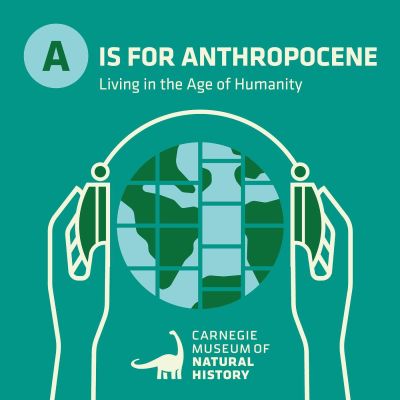A is for Anthropocene: Living in the Age of Humanity is a bi-weekly podcast that digs into the multitude of questions about human impact on our planet. Host Sloan MacRae and Steve Tonsor interview experts in science and the arts to tackle tough issues like climate change and species decline without giving up hope that we can still leave the Earth in excellent condition for generations to come.
https://anthropoceneliving.org
Gesamtlänge aller Episoden: 9 hours 32 minutes
- 1
- 1
episode 1: Climate Strike, Hope, and Catherine Chalmers
Welcome to our very first episode! Hosts Eric and Sloan recap the climate strike, find inspiration in Generation Z, and welcome our listeners to the Anthropocene. Later, Sloan discusses the borders of art, nature, and science with acclaimed artist and photographer Catherine Chalmers.
episode 2: Tree Frogs, Eco-anxiety, and Sewage Beer!
Eric and Sloan address eco-anxiety, discuss innovative green sewage solutions, and interview Jennifer Sheridan, Carnegie Museum of Natural History’s curator of amphibians and reptiles, right before she boards a plane for an expedition to Borneo.
episode 3: The Bird Episode
Declining bird populations, species and habitats that are recovering, and what you can do for birds (hint: coffee). Jonathan Rice, the museum’s Urban Bird Conservation Coordinator, joins the podcast.
episode 4: Episode 4: A New Hope?
Ray Gastil, Director of Carnegie Mellon University’s Remaking Cities Institute, joins the podcast, and Eric and Sloan discuss sustainable cities and species that are no longer extinct.
episode 5: The Science of Henry David Thoreau
Eric and Sloan discuss the enduring inspiration of Walden Pond, ecotourism, and a potential new biofuel. Mason Heberling, the museum’s curator of botany, shares his recent work and what Thoreau’s journals reveal about the effects of climate change on wildflowers.
- 1
- 1
